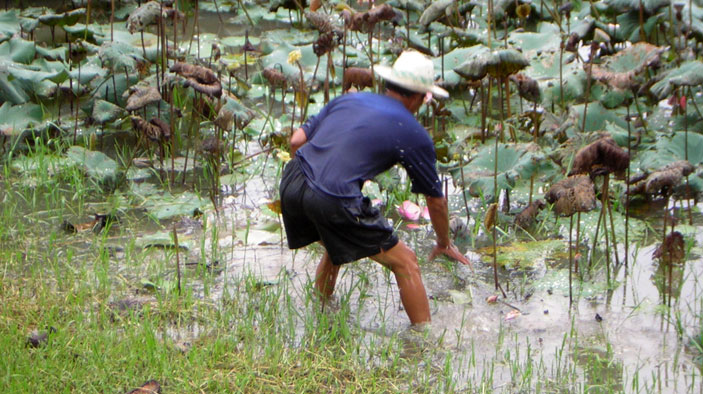Thailand—Sapan
Client: U.S. Agency for International Development
Duration: 2010-2015
Region: Asia and the Pacific
Country: Thailand
Solutions: Fragile States Education Governance
Democracy in Thailand foundered in recent years on the heels of a period of strong economic gains. During the political crises and civil unrest of 2005-2010, institutions such as citizen advocates, professional associations, labor unions, and independent media faltered or simply disbanded. Ordinary people found it difficult to make their voices heard, and the country suffered through protests, riots, and states of emergency.
Our Bangkok-based team promoted cooperation between civil society and agencies of the Royal Thai Government to strengthen the role of community organizations, facilitate constructive public dialogue, and promote citizen engagement in efforts to improve local governance. To do so, we convened leaders, academics, and managers from all sides to design and guide activities that built and strengthened relations between civil society, media, and government and, most importantly, pursued ways to keep these groups in sustained creative interaction. Sapan is the Thai word for “bridge.” The name invokes the vision of bringing together people of various political, economic, and cultural backgrounds. It is impartial as everybody can cross a bridge.

Sample Activities
- Enhance the capacity of key independent agencies to promote effective, transparent, and accountable government.
- Strengthen the capacity of civil society organizations and media to serve as checks and balances for political processes and public policy.
- Support civic peace-building and engagement in local governance in Southern Thailand.
Select Results
- Enrolled and provided training for more than 6,000 representatives of civil society organizations, universities, government, and media.
- Facilitated and strengthened the capacity of a coalition of seven women-led civil society organizations, which now more effectively promotes and supports access by women to funding through the country’s Women’s Development Fund.
- Designed and helped establish a university-based Center for Civil Society and Nonprofit Management that strengthens the skills of current and future managers and leaders of nonprofit organizations, equipping them to mobilize resources to improve local governance and encourage social justice.
- Supported six universities in their founding of Local Stakeholder Committees, which bring together university staff with local leaders and citizens to identify and address local issues.
RELATED CONTENT:
Nigeria—Support for Human Capital Development (HCD) 2.0
HCD 2.0 was approved by the National Economic Council in 2024, with the ambitious goal of positioning the country among the top 80 nations in the Human Capital Index ranking by 2030.
Read More